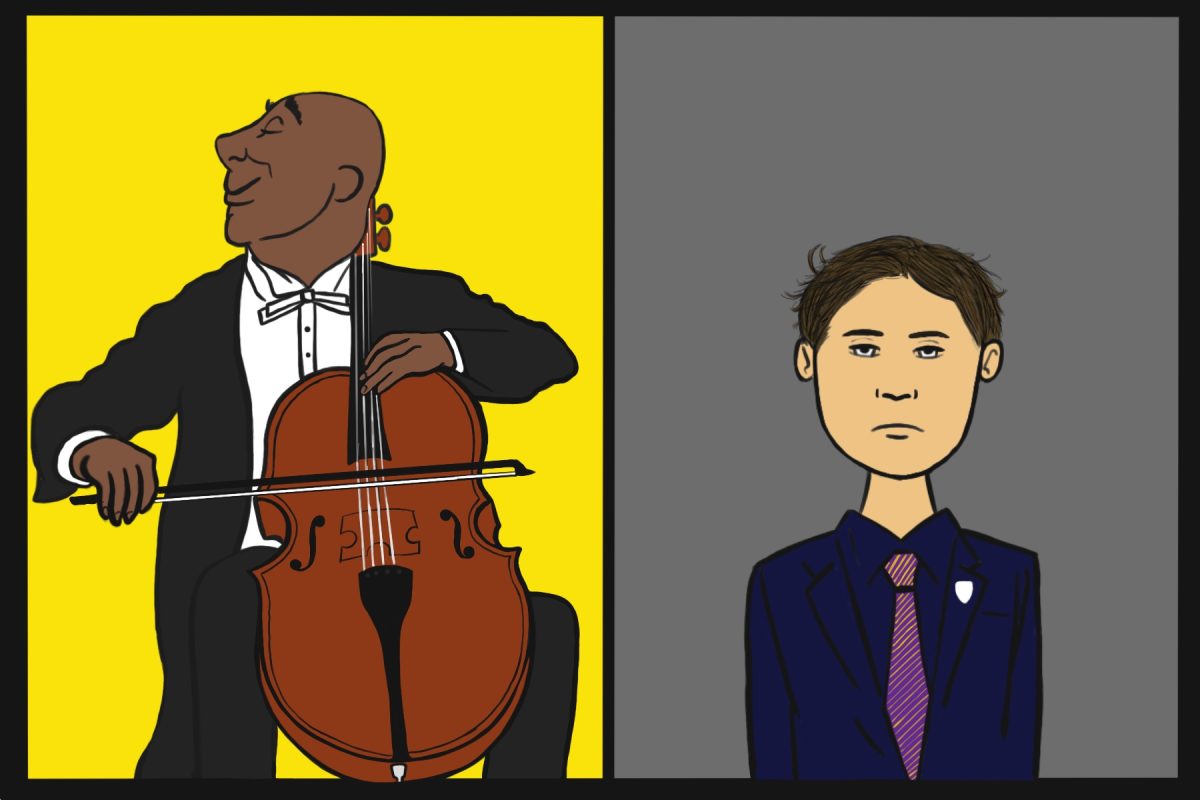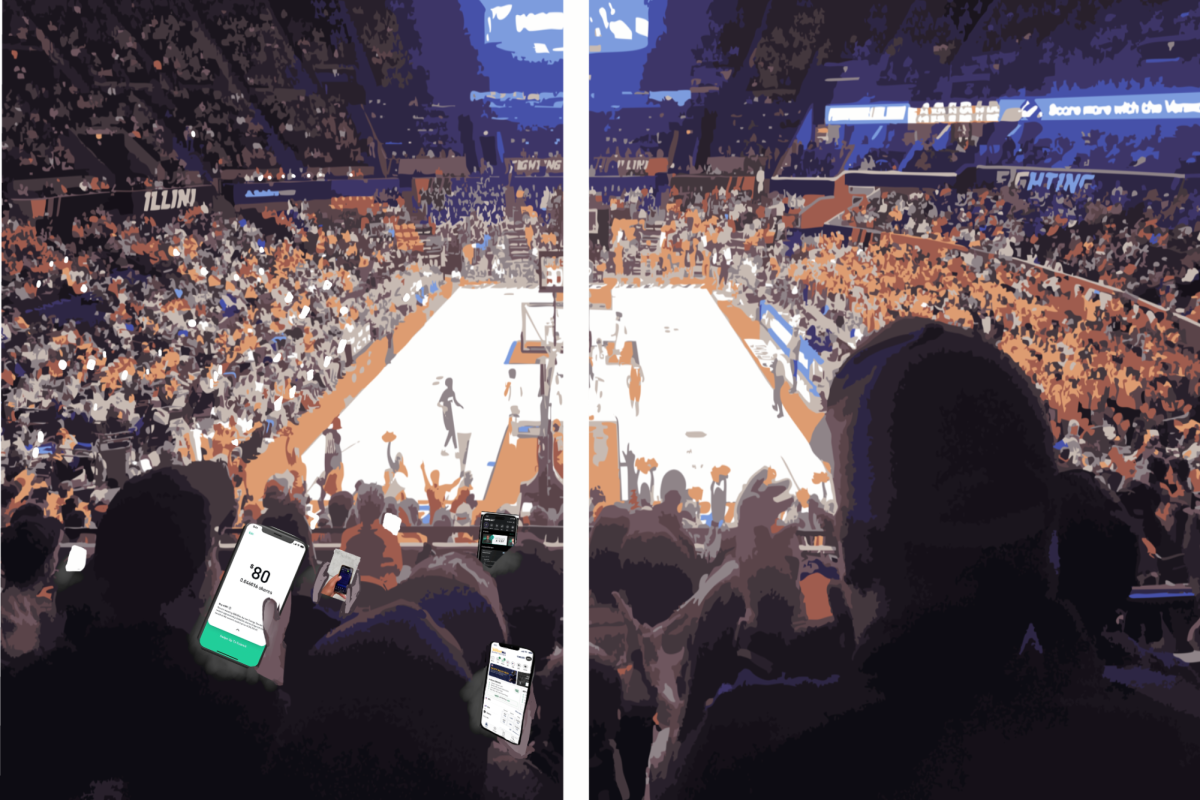While professional and recreational clubs tend to garner the most attention in the college scene, I find them to be largely overrated. While these groups promise camaraderie and networking, they pale in comparison to experiences that offer immediate real-world feedback — like joining your local church choir.
Drawing from a personal lens, my time with a university interfaith choir offered such insights, underscoring the profound impact of playing one’s role for a cause greater than oneself.
Now, one might wonder: Why juxtapose mastering one’s part in a choir setting with more mainstream college experiences like clubs? The answer is rooted in the tangible, real-world experience and the immediate feedback inherent to musical ensembles.
In a choir, every note sung and every rhythm followed directly impact the collective sound. An off-key member or a missed beat results in immediate discord. There’s no room for complacency, no hiding behind others and certainly no waiting for feedback that would come much too late.
The feedback is immediate, fostering a heightened sense of responsibility, sharpening skills and creating an environment where mistakes are welcome and continuous improvement is essential.
Get The Daily Illini in your inbox!
While traditional college groups like clubs offer their own set of benefits, they are often only capable of offering delayed feedback. Months might pass before one realizes their impact within the group or before their efforts receive any constructive feedback. The lessons, albeit valuable, may not instill the same sense of urgency or adaptability as an environment where feedback is real-time.
Decisions are formulated, enacted and effected in a groupthink; regardless of the result, no one member is “responsible.” Great for accomplishments. Not so great for mistakes.
In today’s fast-paced world, where adaptability is key, the ability to quickly pivot based on immediate feedback is invaluable. Whether in tech, where rapid product iterations are the norm, or in community projects, where stakeholder feedback can instantly reshape actions, the skills honed in immediate feedback environments are indispensable.
Drawing an analogy to sports, a soccer player’s mastery isn’t limited to ball skills. They must be able to grasp strategy, anticipate opponents and comprehend the game’s significance. In a musical setting, producing notes is just the tip of the iceberg.
Mastering one’s role transcends mere technical proficiency. It’s about grasping the broader context, the historical and emotional underpinnings. In our choir, singing in tune was just the beginning.
When it comes to tech, innovation is only as good as a product’s simplicity and usability — there is immense value in taking into account a user’s experience with a product. In urban planning, firms must take into account the community’s needs as a crucial part of a community development project.
Embodying the emotion and history of each song was the real challenge. This in-depth understanding, when applied universally, equips individuals to approach challenges holistically, ensuring solutions are comprehensive and contextually apt.
In wrapping up, while traditional college experiences like club meetings have their merits, environments that emphasize role mastery and real-time feedback might hold the upper hand. They equip individuals for the demands of the real world, fostering skills that are both immediate and profoundly insightful.
As we navigate an ever-evolving world, it’s high time we re-assess the value we place on various experiences and recognize the unparalleled growth potential in mastering one’s role.
Harrison is a senior in LAS.












